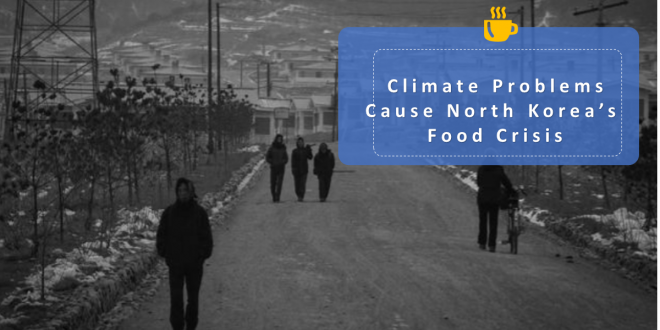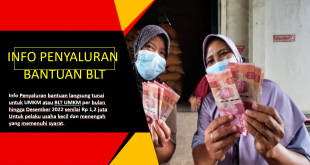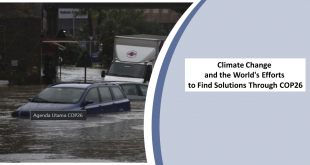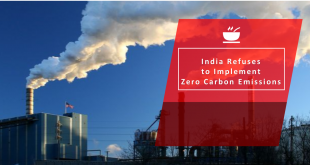North Korea is said to be experiencing a late food crisis. As a result of this crisis, the citizens of the country are being urged to eat less and have black swans as food.
Recently, North Korean state media has been promoting the consumption of black goose meat to its citizens.
Not only that, a local resident told Radio Free Asia that the North Korean government had visited people’s homes to inform them that the food crisis could persist into 2025.
Currently, North Korea is in the midst of a food crisis as borders are closed to prevent the spread of COVID-19. In addition, North Korea’s agricultural industry was also affected by a series of floods.
The Food and Agriculture Organization of the United Nations (FAO) stated that North Korea faced a food shortage of around 860 thousand tons this year.
According to an FAO report released in June, North Korea is expected to produce just 5.6 million tons of grain this year. That’s 1.1 million tons less than what North Korea needs to meet the food needs of all its citizens.
Weather in North Korea in 2020 is not enough to support the country’s agriculture. From April to May 2020, the country’s rainfall decreased. This phenomenon forced North Korea to delay its initial cultivation activities.
From mid-May, precipitation increases in North Korea until July. This increase supports harvesting activities in the country. However, North Korea experienced typhoons and heavy rains from early August to early September 2020.
This disaster inundated several areas of North Korea with flooding and too much soil moisture. As a result, crop production in the country is affected.
From mid-September to the end of October, the country’s precipitation is average or slightly below average. This phenomenon reduces the soil moisture in the country and enables the harvest to take place.
Soil moisture and flooding that hit the crop fields in North Korea drastically reduced the country’s crop yields. Not only that, the cloudy weather that occurs causes the process of photosynthesis carried out by plants to be suboptimal.
North Korea itself has been experiencing a food security crisis for a long time. Some researchers explained the causes of the crisis due to economic mismanagement, among others.
This situation is exacerbated by international sanctions against North Korea due to restrictions due to nuclear weapons, natural disasters and the Covid-19 pandemic.
Kim had previously admitted that the food situation in her country was not good. He also apologized for the sacrifices his citizens had to make in dealing with the coronavirus pandemic.
Referring to Euronews, North Korea is one of the countries feeling the effects of climate change.
According to the report Climate Security and Risk, North Korea will experience crop shortages in rice and maize by 2030, especially on the west coast of the country.
North Korea is also predicted to experience an increase in the intensity of heavy rains and catastrophic flooding due to climate change in 2050. The coastal areas of the country also have the potential to rise in sea level by 2050.
Not only North Korea, but also a number of countries such as Italy, the United States, and China have experienced flash flooding as a result of climate change. World leaders are also preparing to attend the COP26 Summit in Glasgow at the end of October to seek solutions to the climate change challenge.
 KratomBorneo.co.id Seputar Informasi dan Tips
KratomBorneo.co.id Seputar Informasi dan Tips



